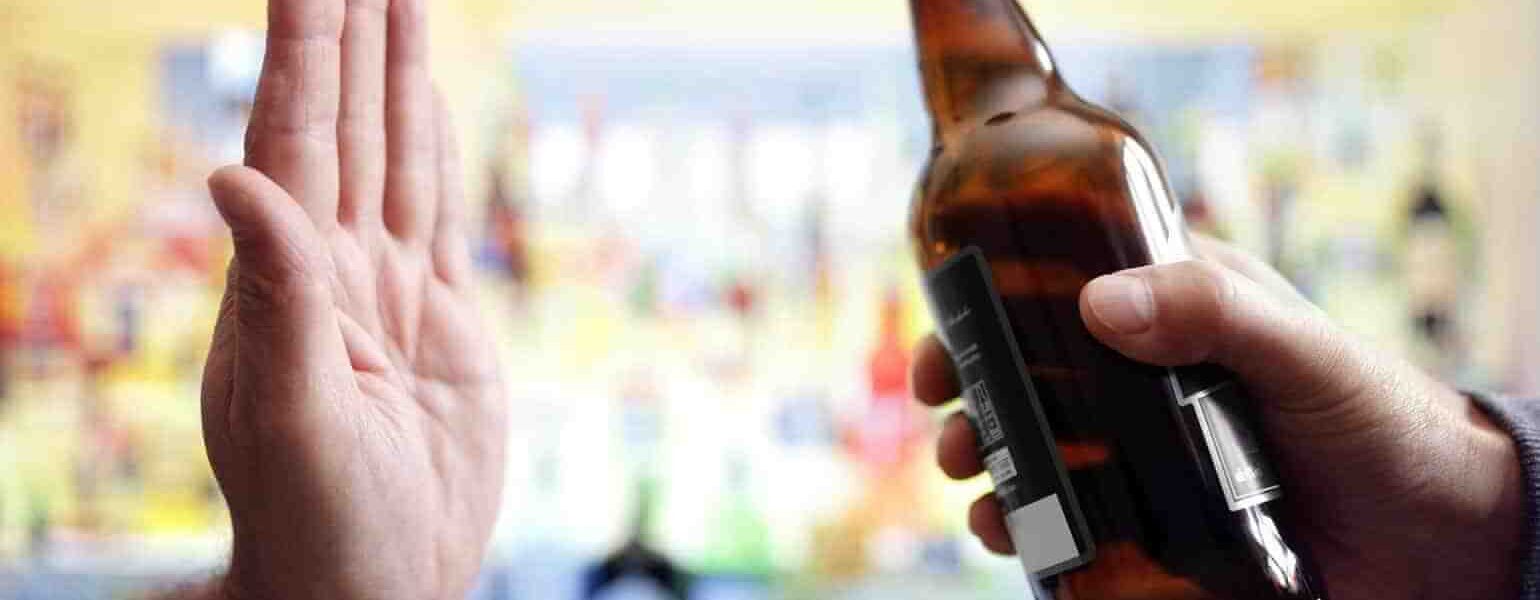Deciding to stop drinking alcohol is a significant step toward improving your health, relationships, and overall quality of life. Whether you’re looking to cut back or quit entirely, the journey can be challenging but incredibly rewarding. Here are ten actionable tips to guide you through the process, each designed to help you succeed in your goal to stop drinking alcohol.
Tips to stop drinking alcohol
In this article we will discuss 10 tips that might help you to stop drinking alcohol. Let’s get started.
1. Set Clear Goals
Start by defining clear, achievable goals. Whether it’s reducing your intake gradually or quitting cold turkey, having a concrete plan will provide direction and motivation. Consider using the SMART criteria to set your goals: Specific, Measurable, Achievable, Relevant, and Time-bound. This approach helps break down your ultimate objective into manageable steps and keeps you focused on the progress you’re making.
2. Understand Your Triggers
Identifying the situations, emotions, or people that trigger your desire to drink is crucial. Once you understand your triggers, you can develop strategies to avoid or manage them. For some, stress or social settings might prompt drinking. Recognizing these triggers allows you to prepare alternative responses, such as engaging in a hobby or practicing relaxation techniques.
3. Seek Support
You don’t have to do this alone. Support can come from various sources: family, friends, support groups like Alcoholics Anonymous (AA), or professional counseling. Sharing your goals with others creates a support network that can offer encouragement, advice, and accountability. Online forums and mobile apps dedicated to sobriety can also provide support and resources.
4. Educate Yourself
Knowledge is power. Learning about the effects of alcohol on your body and mind can motivate you to stay on track. There are numerous resources available—books, websites, documentaries—that provide insight into the science of addiction and the benefits of sobriety. Understanding the risks associated with continued drinking and the improvements you’ll see when you stop can be incredibly motivating.
5. Replace Drinking with Healthy Alternatives
Replacing the habit of drinking with healthier and fun activities can help fill the void and reduce cravings. Consider taking up a new hobby, exercising, or exploring new interests. Activities that promote well-being, such as meditation, yoga, or spending time outdoors, can also support your mental health during this transition.
6. Reward Your Progress
Setting milestones and rewarding yourself for reaching them can reinforce your commitment to sobriety. Rewards don’t have to be extravagant—they can be as simple as a movie night, a new book, or a day out. Celebrating these achievements acknowledges the effort you’re putting into this life change and keeps you motivated to continue.
7. Manage Stress Without Alcohol
Stress is a common trigger for alcohol use. Finding new, healthy ways to cope with stress is essential. Techniques like deep breathing, mindfulness meditation, and regular exercise can significantly reduce stress levels. Establishing a routine that includes these stress-management practices can help minimize the temptation to turn to alcohol.
8. Avoid Temptation
In the early stages of quitting, it’s wise to avoid situations where the temptation to drink is high. This might mean taking a break from certain social gatherings or finding new places to socialize that don’t revolve around alcohol. Communicating your needs and boundaries to friends and family can help them support you in avoiding these temptations.
9. Track Your Progress
Keeping a journal or log of your journey can be a powerful tool. Record your successes, challenges, feelings, and anything you learn along the way. Tracking your progress helps you see how far you’ve come and can be a source of motivation on difficult days. It also allows you to reflect on what strategies are working and what areas need adjustment. The Soberlink alcohol monitoring devices are a great way to track your progress.
10. Be Patient and Kind to Yourself
Finally, it’s important to remember that recovery is a journey, not a destination. There will be good days and bad days. Be patient with yourself and recognize that every effort you make is a step in the right direction. Practicing self-compassion and reminding yourself of your reasons for quitting can help you stay the course.
Conclusion
Stopping drinking alcohol is a personal journey that requires commitment, support, and self-care. By setting clear goals, understanding your triggers, seeking support, and employing strategies to manage cravings and stress, you can make significant progress toward a healthier, alcohol-free life. Remember to celebrate your successes, learn from the challenges, and keep moving forward. Your health, happiness, and well-being are worth the effort.
